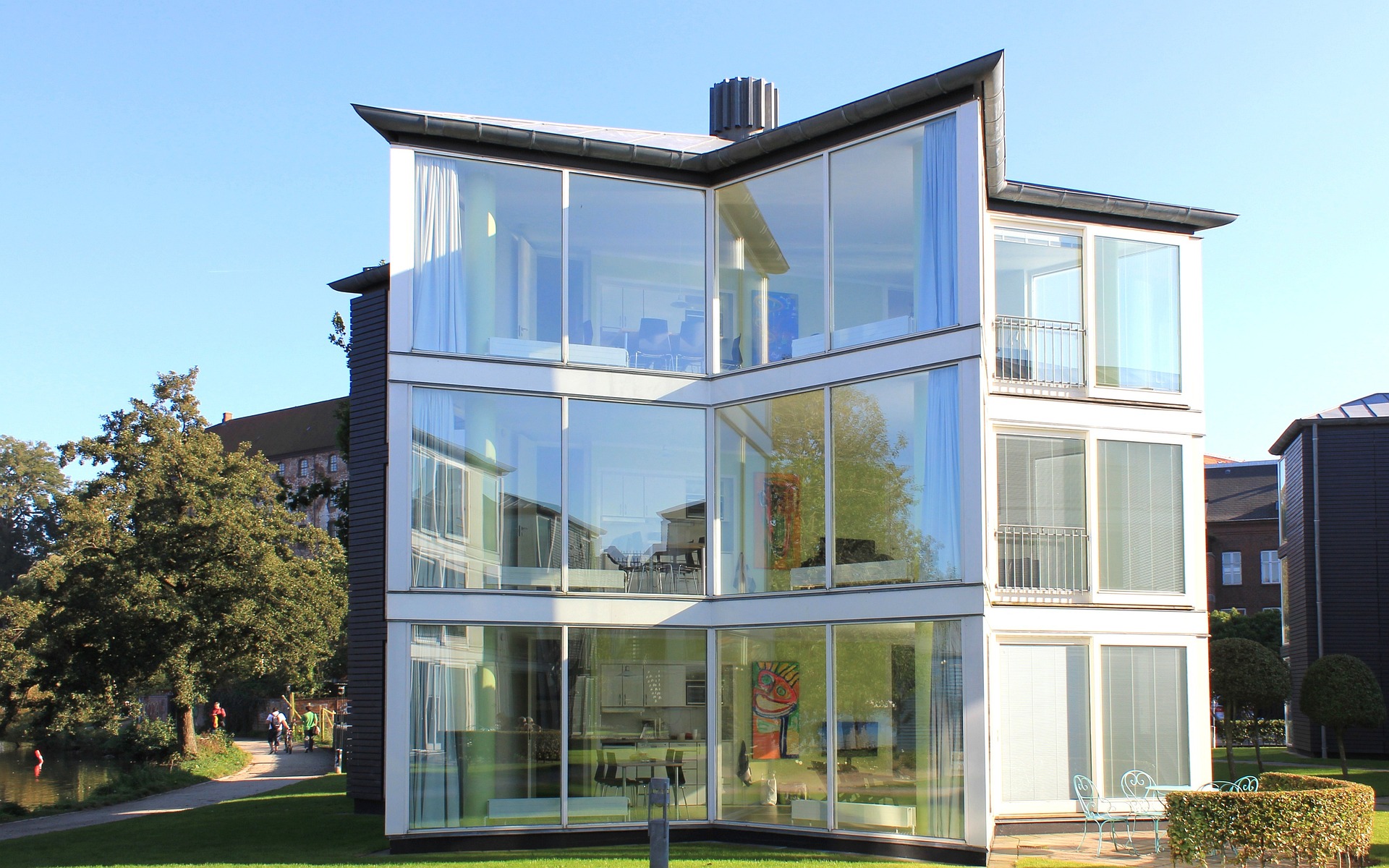Early Childhood Education in the US
Early childhood education (ECE) plays a crucial role in the development of children, particularly in the United States, where access to quality education during the early years has become a top priority for parents and policymakers. Research has shown that the foundation laid in these early years significantly impacts a child’s future academic success and social development. With various educational programs available across the country, understanding the importance of early childhood education, its benefits, and how to access affordable options can help ensure that children start their educational journey on the right foot. This article explores the key aspects of early childhood education in the US and provides guidance for parents and caregivers.

What is early childhood education and why is it important?
Early childhood education refers to the formal and informal learning experiences children have from birth to age eight. It encompasses a wide range of activities and environments designed to foster cognitive, social, emotional, and physical development. The importance of early childhood education cannot be overstated, as it lays the groundwork for future learning and success.
During these formative years, children’s brains are rapidly developing, making them particularly receptive to learning new skills and concepts. Quality early education programs can help children develop critical thinking skills, enhance their creativity, and improve their social and emotional intelligence. Moreover, research has shown that children who participate in high-quality early education programs are more likely to perform better academically, have higher graduation rates, and experience greater success in their future careers.
What are the different types of early childhood education programs in the US?
The United States offers a diverse range of early childhood education programs to cater to different needs and preferences. Some of the most common types include:
-
Preschool: Typically for children aged 3-5, preschool programs focus on preparing children for kindergarten through play-based learning and socialization activities.
-
Head Start: A federally funded program that provides comprehensive early childhood education, health, nutrition, and parent involvement services to low-income families.
-
Montessori: An educational approach that emphasizes independence, freedom within limits, and respect for a child’s natural psychological, physical, and social development.
-
Reggio Emilia: An educational philosophy that encourages children to explore their environment and express themselves through multiple “languages” such as art, drama, and music.
-
Waldorf: A holistic educational approach that integrates artistic, practical, and intellectual elements to nurture the child’s imagination and creativity.
-
Childcare centers: Facilities that provide care and educational activities for children, often catering to working parents who need full-day care.
How do parents choose the right early childhood education program?
Selecting the right early childhood education program is a crucial decision for parents. Several factors should be considered when making this choice:
-
Program philosophy: Research different educational approaches to find one that aligns with your values and your child’s needs.
-
Curriculum: Look for programs that offer a well-rounded curriculum covering various developmental areas.
-
Teacher qualifications: Ensure that the teachers are properly trained and have experience in early childhood education.
-
Staff-to-child ratio: Lower ratios generally mean more individualized attention for each child.
-
Facility and safety: Visit the facility to assess its cleanliness, safety measures, and overall environment.
-
Schedule and hours: Consider your family’s needs and choose a program with compatible hours.
-
Cost and location: Factor in your budget and the program’s proximity to your home or workplace.
What role do parents and caregivers play in early childhood education?
Parents and caregivers are a child’s first and most influential teachers. Their involvement in early childhood education is crucial for a child’s success. Here are some ways parents and caregivers can support their child’s early learning:
-
Create a stimulating home environment: Provide age-appropriate toys, books, and activities that encourage exploration and learning.
-
Engage in daily conversations: Talk to your child about their experiences, ask open-ended questions, and encourage curiosity.
-
Read together: Regular reading sessions help develop language skills and foster a love for learning.
-
Encourage play: Both structured and unstructured play are essential for a child’s development.
-
Collaborate with educators: Maintain open communication with your child’s teachers and actively participate in school activities.
-
Model lifelong learning: Demonstrate the value of education by pursuing your own interests and learning opportunities.
What are some challenges facing early childhood education in the US?
Despite the recognized importance of early childhood education, several challenges persist in the US:
-
Access and affordability: Many families struggle to find high-quality, affordable early education options in their area.
-
Teacher retention and compensation: Low wages and limited benefits often lead to high turnover rates among early childhood educators.
-
Quality standards: Inconsistent quality standards across different programs can lead to varying educational experiences for children.
-
Funding: Limited public funding for early childhood education programs can impact their availability and quality.
-
Cultural and linguistic diversity: Ensuring that programs are culturally responsive and support children from diverse backgrounds remains a challenge.
What are the costs associated with early childhood education programs?
The cost of early childhood education can vary significantly depending on the type of program, location, and duration. Here’s an overview of average costs for different types of programs:
| Program Type | Average Monthly Cost | Key Features |
|---|---|---|
| Childcare Centers | $900 - $1,200 | Full-day care, structured activities |
| Preschool | $450 - $1,000 | Part-time, school readiness focus |
| Head Start | Free for eligible families | Comprehensive services for low-income families |
| Montessori | $800 - $1,500 | Child-led learning, mixed-age classrooms |
| Home-based Daycare | $600 - $900 | Smaller groups, home environment |
Prices, rates, or cost estimates mentioned in this article are based on the latest available information but may change over time. Independent research is advised before making financial decisions.
It’s important to note that costs can vary widely depending on location, with urban areas generally having higher prices. Additionally, many states offer subsidies or financial assistance programs for families struggling with the cost of early childhood education. Parents should research local options and inquire about sliding scale fees or scholarship opportunities that may be available.
In conclusion, early childhood education plays a vital role in shaping a child’s future success. By understanding the importance of early learning, exploring various program options, and actively participating in their child’s education, parents and caregivers can help ensure that children receive the best possible start in life. Despite the challenges facing early childhood education in the US, continued efforts to improve access, quality, and affordability are essential for building a strong foundation for the next generation.
The shared information of this article is up-to-date as of the publishing date. For more up-to-date information, please conduct your own research.




